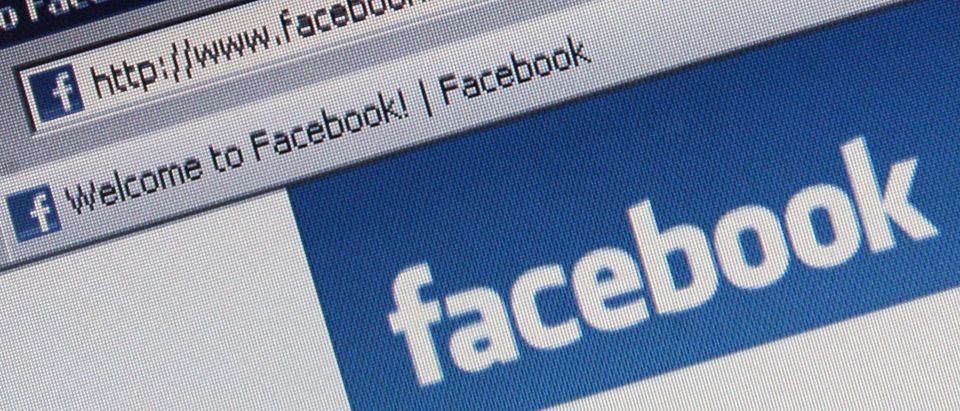During the 2016 election, Americans learned of the latest iteration of information warfare between the United States and its foreign enemies: social media. The Russians deployed a sophisticated and robust strategy to sow discord and confusion among the electorate, and we didn’t catch on until after Election Day.
Most elected officials and angry partisans on both sides of the aisle pointed fingers at social media companies for their supposed “complicity” in the Russian efforts.
As time has gone on, we have learned that those attacks on Facebook, Twitter and others were not exactly fair; the companies were slow to detect inauthentic activity on their platforms, sure, but defense against cyber attacks is first and foremost the responsibility of government intelligence and law enforcement agencies. They fell down on the job.
Heading into 2018, we have some reason for optimism.
On August 21, Facebook announced it had proactively removed 652 inauthentic accounts backed by Iranian and Russian nationals. The aim of these fake users was likely the same as Russia’s Internet Research Agency in 2016: drive anger and dissent among American voters.
Despite the fact that all these efforts were undertaken by foreign interference, some politicians have alleged social media companies should be held responsible, giving our law enforcement and intelligence agencies an implicit pass in the process.
This misguided attempt to place blame reveals both a lack of understanding of the Russian political interference against the United States, a lack of awareness of the effort’s level of sophistication, and an unfair expectation that the private sector should lead on national defense rather than play a supporting role to agencies like the CIA and FBI.
This is not the first time foreign entities have interfered with American politics and it likely will not be the last. Facebook moved swiftly in this latest attempt to guard against these bad actors by doing the most it could with its limited access to foreign defense tactics.
As a social media company in the private sector, this company simply does not have all the tools at its disposal that the CIA and FBI do. Facebook has proved that privacy and security are of utmost importance on both individual and national scales. The most effective measure of fighting off attacks from foreign invasion via social media is to partner tech companies with defense specialists. Combining these individual skillsets is crucial to combat such a unique threat to our democracy.
The politicians who seek to lay blame on the private sector contend that social media companies should be the first line of defense in detecting illicit foreign activities on their platforms. This reasoning both ignores the primacy of government intelligence and law enforcement agencies in defending the homeland and underestimates the complexity of cybercrime, especially the sophistication of Russia’s specific efforts.
On the heels of November midterms, politicians need to prioritize safeguarding elections from these bad actors who seek to tamper with voter results.
Facebook has proven that it is paving the way for the rest of the tech sector in confronting issues with foreign interference, and that it is more than willing to take advantage of strategic partnerships with government entities to become a powerhouse for national security on social media. Defense specialists should be able to rely on positive partnerships with Facebook and other social media sources to help them lead the fight against cybersecurity threats.
Facebook’s efforts alone have included the implementation of new security mechanisms, hiring thousands of additional employees to police advertising content, increasing documentation requirements for those purchasing advertising, and even the development of new Artificial Intelligence to detect those with improper intent in order to ban their content.
The latest culling of over 600 pages and accounts that Facebook flagged and proactively removed for targeted internet services proves how effective Facebook’s security measures are in confronting these issues. As Facebook has long been the industry leader in tech and social media advancements, it is a good indicator that other giants in the tech space will soon follow suit in their proactive strategies.
There is no question that social media companies must remain vigilant in detecting and addressing cybercrime on their platforms.
Policymakers, intelligence officials and law enforcement agencies can all agree that foreign meddling will never cease completely, but tech companies and defense specialists can work together to continuously develop innovative strategies for dealing with such threats.
Facebook has proved, time and again, that these strategic partnerships are effective and innovative tactics for protecting the integrity of the US and the sanctity of our democracy.
John Iannarelli is a retired FBI Special Agent who specialized in cybercrime investigations. He is a nationally recognized speaker and consultant on matters involving cyber and physical security.
The views and opinions expressed in this commentary are those of the author and do not reflect the official position of The Daily Caller.


